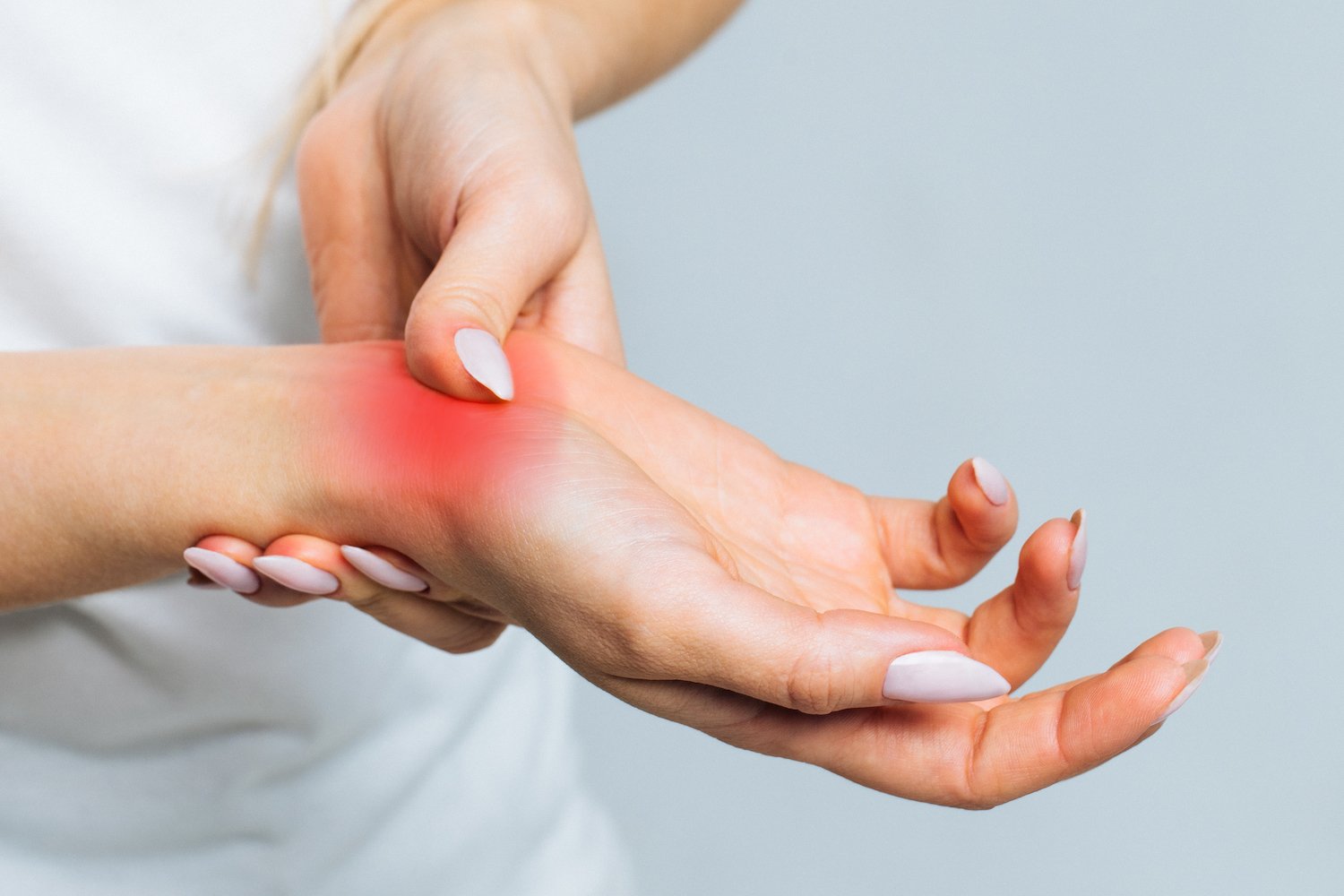Certain lifestyle changes are important if you have psoriatic arthritis. These changes will help you manage your condition, and prevent future flare-ups. These lifestyle changes can help you keep your psoriatic arthritis symptoms under control.
The majority of these recommendations are not drastic. These are simple changes or additions that can be made to your daily routine to help improve your health and quality of your life.
These are eight healthy habits that can help you manage psoriatic inflammation. Expert advice is available on how to do each.
1. Manage Stress
Stress can cause psoriatic flares. To help prevent this from happening, take steps to reduce stress. You must first identify what is causing your stress. Next, try different strategies to find the one that works best for you. You might need to take some time off your schedule to do something for yourself, or ask for the help of a friend or family member if you feel overwhelmed.
2. Be Healthy
A healthy diet is good for your health and can help to reduce the inflammation in your joints. Some studies have shown that certain foods can increase or decrease inflammation.
Avoid processed foods, sugar, high-carb diets, and other inflammatory foods.
Instead, you should focus more on an anti-inflammatory diet. “No definitive recommendations can be made specifically for psoriatic arthritis,” says Debendra Pattanaik, MD, an associate professor of medicine-rheumatology in the College of Medicine at the University of Tennessee Health Science Center in Memphis. “Nuts and seeds, omega-3 fatty acid rich foods, and fish oil can all be helpful in reducing inflammation.
Talk to your doctor about the recommended alcohol intake. This is usually one drink per day for women and two for men. However, you might need to reduce alcohol consumption further as alcohol can interact and cause liver damage.
3. Keep Active
Regular exercise can prevent stiffness and pain in your joints. People with arthritis can stay active by engaging in water-based exercises. You can avoid any potential flare-ups caused by more intense activity.
Talk to a physical therapist about which exercises work best for you. Running may be the best exercise for someone with symptoms that affect their hands. Yoga might be more suitable for someone who has symptoms that affect their lower extremities.
Dr. Pattanaik emphasizes that “joint protection” is another important concept. This includes modifying activities to reduce strain on the arthritic joint. Heavy-impact activities such as running or walking fast on a treadmill, especially when psoriatic is active, are not recommended. Also, it is not recommended to lift heavy weights.
It is important to find a balance between exercise and maintaining joint flexibility. Also, it is important to know when to rest an inflamed or painful joint.
4. Keep a healthy weight
Psoriatic arthritis can be made worse by being overweight. A healthy weight can reduce inflammation and swelling.
Pattanaik recommends that weight loss is key to reducing the strain on your joints and reducing pain.
You can lose weight by eating healthy and being active. Talk to your doctor, dietitian, and physical therapist to find the best plan for you.
5. Do not smoke
A March 2019 study in JAMA Dermatology revealed that methotrexate (a common drug used to treat psoriatic inflammation) may not be as effective for people who smoke than it is for non-smokers.
Smoking increases your risk of developing a variety of diseases such as heart disease and lung cancer. Smoking can be a way to prevent flares and symptoms of psoriatic disease, as well as other health problems.
6. Get some sleep
A 2018 study in the journal Reumatologica found that 70% of sufferers of psoriatic arthritis have poor sleep quality. This is due to a variety of factors such as chronic inflammation, chronic pain, anxiety, and depression.
Long-term sleep disturbance can lead to other health problems such as hypertension, heart problems, and metabolic disorders. It is important to improve your sleeping habits. The Arthritis Foudation suggests that you get seven to eight hours sleep per night. Any less than six hours each night can have a negative impact on your health.
To help you sleep better, talk to your doctor about pain relief medication. Your sleep environment is also important.
- Take out all electronic devices from your bedroom. You may not be able to sleep well if you have a cellphone or TV in your bedroom.
- Pets should be allowed to sleep in their own beds. Your sleep can be disrupted by their restless movements.
- Avoid the midnight latte and the nightcap. While alcohol may help you fall asleep and make you feel drowsy, it can also affect the quality of your sleep. A morning cup of coffee may be a good way to start the day. However, caffeine can cause you to stay awake at night.
To help you get to the bottom your sleep problems, keep a log of your sleep and share it with your doctor.
7. Prioritize Your Mental Health
According to a 2020 review in Clinical Rheumatology, anxiety and depression are associated with a higher level of psoriatic activity and pain. This review examined 24 studies that included more than 30,000 patients with psoriatic joint conditions. It found that anxiety and depression were 50 percent and 60 percent more prevalent in those with psoriatic joints.
Pattanaik says that depression can make it more difficult to manage psoriatic joint disease. “Depression often interferes with the ability to seek medical treatment [for psoriatic arthritis] or with compliance with treatment as well as motivation and motivation to exercise and maintain healthy lifestyle,” he said.
Do not ignore signs of anxiety or depression. Talk to your doctor. These are warning signs of anxiety or depression:
- You can’t do the same activities that you used to enjoy
- Separation
- Persistent sadness
- Racing thoughts
- Negative thoughts
- Shakiness
- Heart rate increases
- Rapid breathing or tightness in the chest
8. Take Charge of Related Health Conditions
Psoriatic arthritis is often associated with psoriasis. This condition affects the skin. However, there are many other health conditions that can be linked to psoriasis. Pattanaik explains that psoriatic arthritis is often associated with obesity, metabolic syndrome and coronary artery disease.
You can prevent flare-ups of psoriatic disease and slow down the progression by taking control over any other conditions. You may need to see multiple specialists such as a rheumatologist who treats psoriatic and a dermatologist who treats psoriasis. A cardiologist can help with heart disease. Your care team will work together to create a treatment plan that suits your needs. Lifestyle changes can also be suggested to improve your health.
Nina Wasserman also contributed additional reporting.







